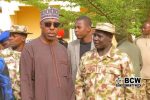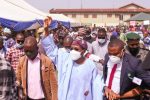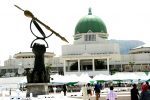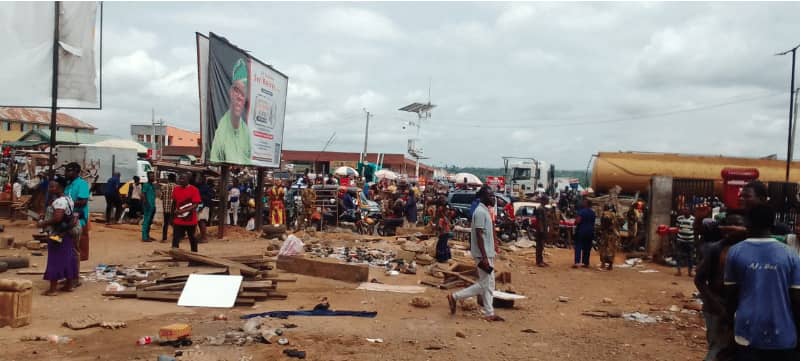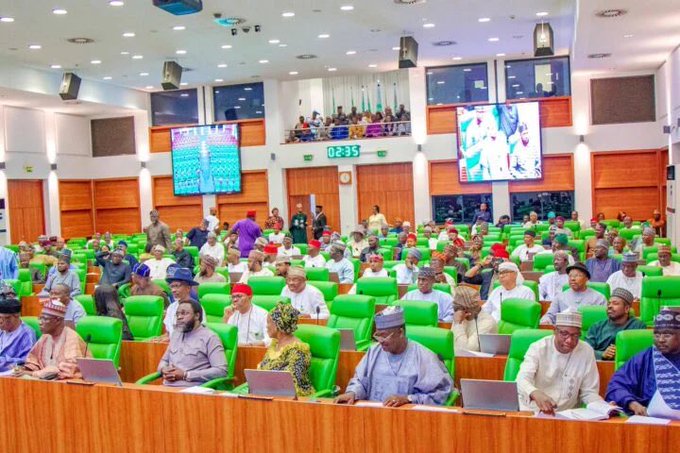EDITORIAL: A Momentous Week


The fault lines and structural dysfunction weighed like a nightmare during the week. It, however, ended in an anti-climax, in the characteristic of Nigeria.
We thank God for his mercies; however, the specter of dishevelment haunting Nigeria is man-made.
The industrial relations system in Nigeria needs to be completely overhauled so that we stop the tragic-comic cycle in which nothing of significance is achieved. The present adversarial system has to be replaced with a tripartite system of goals-driven industrial relations centered on inflation targets, fiscal stability as the best way to achieve sustainable development. We simply cannot go on with a counter – productive system.
During the week, the Central Bank of Nigeria raised interest rates by an unprecedented four hundred basis points. The underlying rationale for this is contestable. It ought to be challenged and not just as an academic exercise.
Real interest rates for commerce and industry will now be above thirty percent! This cannot aid increased investment as well as the creation of much-needed jobs. The key issue of cost-push inflation is also left unattended. The cost of production is too high, with awful infrastructure and multiple taxes. The specter of layoffs stares us in the face. This is compounded by mounting inventory caused by declining purchasing power. There must be a review after three months.
Is attracting “ hot money “ foreign portfolio investments a rational? We think not, what is needed is the fiscal climate for long-term investments of the type that leads to a production-led sustainable development.
Alarmingly, we do not see any focus on exports. This is key! The balance of payments crisis and the turbulence of the currency leading to declining living standards can only be sorted out by going for bust on exports. However, it is contradictory to go for exports in a consumption-led political economy. The changes have to be made for exports to be the engine room of the intertwining of monetary and fiscal policy. The government is well intended but there is a clear need for a review.
Nigeria is at a critical intersection. The President, Asiwaju Bola Tinubu, is very well aware of this as he stated once again in his discussion with the leadership of the pan Yoruba group, Afenifere a few days ago.
The country’s problem is more of a political economy than a micro-economy. There must be sweeping constitutional changes if we are to build an economy based on production which is the only way to move tens of people out of multi-dimensional poverty.
Piecemeal changes will not do. The 1960 and 1963 constitutions successfully built a productive economy that was also export-oriented. There is no need to reinvent the wheel. We must muster the political will to have another look at the efficacy of those constitutions and the sooner the better.


